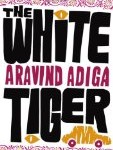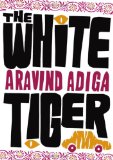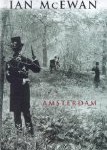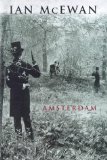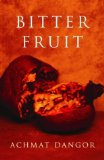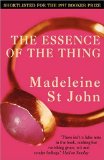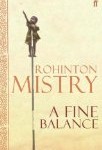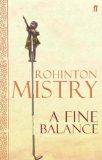‘The White Tiger’ won the Booker Prize earlier this year (2008). It is a tale of two very different Indias – Balram is a poor, former teashop employee, who lands a job as a chauffeur to a rich landlord. The differences between the two lives are revealed, as Balram’s aim to become as rich as his employer take shape.
I was interested to see if it could live up to all the hype. Unfortunately it didn’t. The book started off badly, with a letter from Balram, to the Chinese Premier. The informal, chatty tone grated on me, and the letter (which lasted for the majority of the book) seemed and distracted from the real story that was being told. On a positive note, I liked the suspense of how Balram’s crime was gradually revealed to the reader.
The plot was fairly average – nothing stood out as being particularly clever, or insightful. The characters lacked any depth or personalityunrealistic, and as a result I felt no compassion for their situation.
It was a reasonable read, but instantly forgettable. I wouldn’t recommend it, and it’s certainly not worthy of a Booker Prize.
Also reviewed by You’ve Gotta Read This and Mysteries in Paradise
